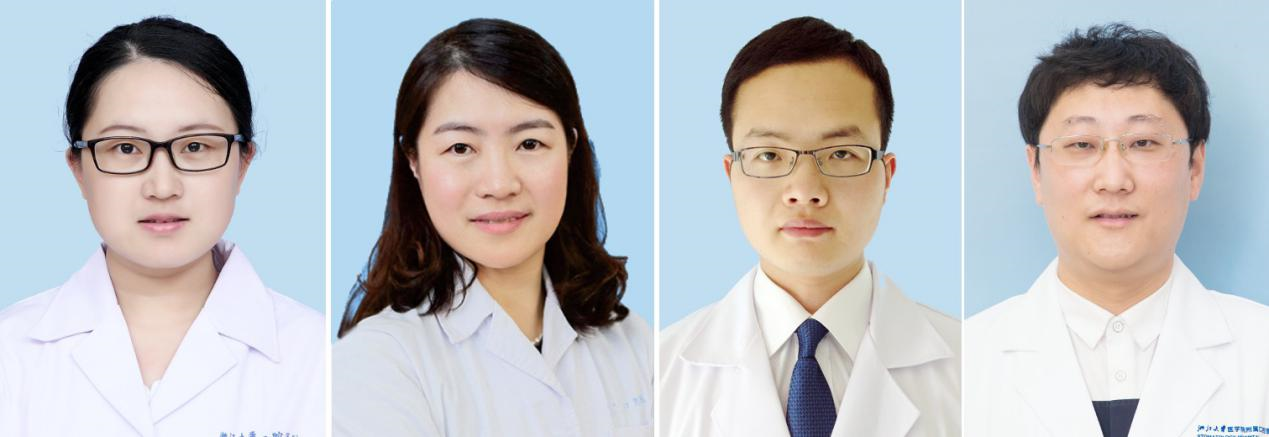
Yuan Wang

Oral microbiome, health management throughout the life cycle
Yuan Wang, PhD, Shuli Deng, MD, Jie Zhang, MD, and Lingkai Su, PhD, The Affiliated Hospital of Stomatology, School of Stomatology, Zhejiang University School of Medicine
The earth was formed roughly 4.5 billion years ago, and microbes are thought to be the origins of life. It was calculated by scholars that the ratio between resident microbes and human cellsis likely to be one-to-one and the human being is defined as a “superorganism”. In fact, the fetus is exposed to a wide variety of microbes while he is still in the womb. A baby’s arrival represents not only the beginning of a life, but also the beginning of a symbiosis with a billion bacteria. More than 700 bacterial species reside in the oral cavity and an oral microbiome is essential for health management throughout the life cycle. Intestinal colonization by bacteria of oral origin has been correlated with several negative health outcomes, including inflammatory bowel disease, nervous system disease, respiratory system disease, cardiovascular disease, digestive system disease, renal disease, rheumatoid arthritis and diabetes, etc.Some findings suggest that the oral cavity may serve as a reservoir for potential intestinal pathobionts that can exacerbate systemic disease. The object of this research is to provide oral health management and dietary interventions throughout the life cycle.First, from the perspective of the whole life cycle and systemic health, we carry out dynamic monitoring and comprehensive evaluation, put forward oral health advice, guidance, action and management. Second, we expect to establish an oral bacteria routine and develop individualized prevention, diagnosis and treatment strategies for oral and systemic diseases based on oral flora. Finally, we hope to be able to introduce a variety of measures for precision intervention of the oral key species.